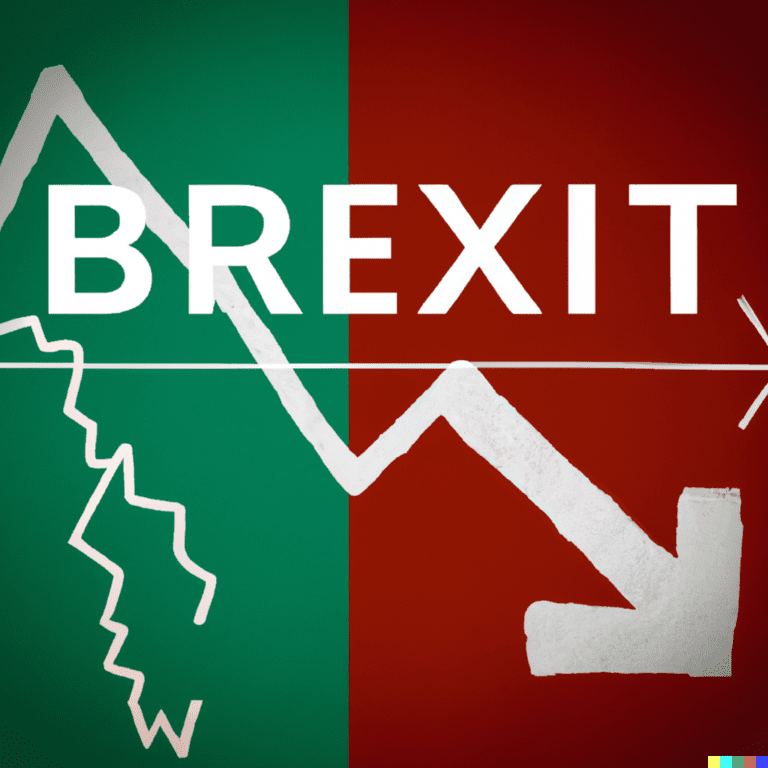Common Mistakes That Lead to Trading Failures and How to Avoid Them
Trading can be enticing, promising financial independence and quick profits. However, the reality is that many day traders need help finding success. This article will dissect the most common reasons Forex traders fail and provide actionable advice to help you avoid these pitfalls.
Reason #1: Lack of Base Knowledge
One of the primary reasons day traders fail is their need for more understanding of the market. Trading requires a solid educational foundation; more than simply watching videos or reading articles will be required. Practical application of knowledge is crucial. Start with paper trading to understand the markets and your chosen platform. Remember, education is an ongoing process even after you start trading with real money.
Reason #2: Absence of a Unique ‘Edge’
Developing a personalized approach that aligns with your personality and trading style is essential to succeed in forex trading. Merely copying strategies from others won’t cut it. Understand the reasoning behind successful strategies and then mould them to fit your strengths and preferences. Define your success rates, preferred methods, and overall approach to the market. This unique ‘edge’ will be your guiding force.
Reason #3: Inconsistent Strategy Application
Experienced traders emphasize the importance of consistency. Day traders may have a solid strategy, but they tend to panic and abandon it when it stops working. Instead, take the time to understand why the strategy is no longer effective. Has the market changed, or were there a few isolated bad trades? Investigate thoroughly before making any decisions; a forex trading journal is perfect.
Reason #4: Lack of Patience and Discipline
Successful day trading requires discipline and patience. Rushing into trades without a well-thought-out plan is a recipe for disaster. If you struggle with these traits, work on developing them in other aspects of your life, such as maintaining a consistent gym routine. Discipline and patience are skills that extend beyond trading.
Reason #5: Unrealistic Time Horizons
Many beginners need more realistic timelines for achieving consistent profits. This self-imposed pressure adds unnecessary stress. Instead of fixating on immediate gains, focus on becoming a better trader. Give yourself the space to learn and grow without the undue burden of tight timeframes.
Reason #6: Neglecting Trade Tracking
Treating trading like a business requires meticulous tracking of metrics. Understanding your trading performance is crucial for improvement. Document details such as stop loss, reasons for entering and exiting trades, and the outcome of each trade. This data provides invaluable insights into your strengths and weaknesses as a trader.
Reason #7: Ignoring Psychological Factors
Every trader is unique, and understanding your psychological triggers is paramount to success. Recognize any mental blocks that hinder your decision-making process and develop a system to address them directly. At tradelytic, we were the first to incorporate the psychological factors of trading into our journal.
Reason #8: Fearing Losses
Being a successful trader requires accepting losses as an inherent part of the process. Develop a healthy relationship with losing by setting clear parameters for how much you’re willing to lose in each trade. Distinguish
between ‘good’ losses (following your game plan) and ‘bad’ losses (deviating from your plan due to emotions).
Reason #9: Neglecting Risk Management
The market is unpredictable, but you can control your risk. Establish precise stop-loss levels before entering a trade to limit potential losses. Effective risk management ensures you can weather market fluctuations without jeopardizing your entire capital.
By recognizing these common pitfalls and taking proactive steps to address them, you can significantly improve your chances of success in trading. Remember, trading is a journey that requires continuous learning, discipline, and self-awareness. With the right approach, you can navigate the complexities of the market and emerge as a successful trader.







